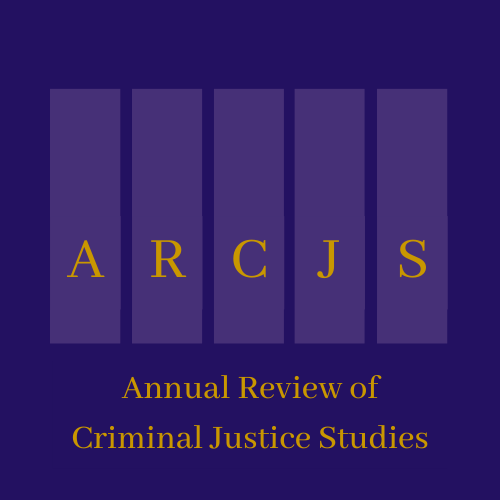Women’s Facilities: Addressing the Unsanitary Conditions
Abstract
This study explores into the unsanitary conditions and abuse of women in U.S. prisons, exposing the interconnected concerns of overcrowding, sexual assault, mental health difficulties, and insufficient healthcare. The study examines the historical change in prison systems from rehabilitation to punishment, which has resulted in the appalling status of women's prisons. Sexual violence, strip searches, and a lack of competent healthcare all add to detained women's despair. The study recommends legislative framework change, citing foreign examples such as the Bangkok Rules and Norway's rehabilitative approach. It underlines California's Public Safety Realignment Act's achievements in decreasing overcrowding and improving living conditions. The research suggests comprehensive staff support systems and the reinforcement of the Prison Rape Elimination Act (PREA) as a shift from a punitive to a procedural justice approach. The MeToo movement is widely seen as a change agent, elevating voices and fighting for better living circumstances, healthcare, and social transformation. Finally, the research emphasizes the importance of structural reforms by drawing on successful foreign practices and underlining the larger implications of humane treatment for the well-being of jailed women and society as a whole.


